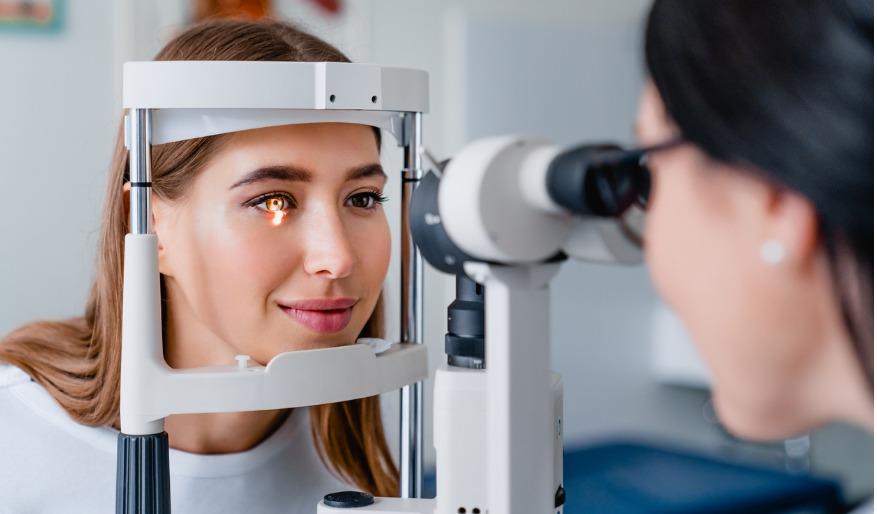
In our fast-paced lives, it’s easy to overlook the health of our eyes. Yet, they are our windows to the world, allowing us to experience the beauty and wonder around us. Regular eye exams are crucial in maintaining good eye health and overall well-being. In this article, we delve into the significance of eye exams, the role of an eye doctor, and why scheduling regular check-ups should be a priority.
Understanding Eye Exams
An eye exam is not merely about checking your vision. It encompasses a comprehensive assessment of your eye health, including screening for various eye conditions and diseases. During an eye exam, an eye doctor evaluates your visual acuity, tests for refractive errors like nearsightedness or farsightedness, and assesses eye coordination and focusing abilities.
Detection of Eye Conditions
One of the primary purposes of an eye exam is to detect eye conditions early on. Many eye diseases, such as glaucoma, macular degeneration, and diabetic retinopathy, often develop gradually without noticeable symptoms in the initial stages. Regular eye exams enable early detection, allowing for timely intervention and treatment to prevent vision loss or complications.
Preventive Care
Preventive care is key to maintaining optimal eye health. By undergoing routine eye exams, potential issues can be identified and addressed before they escalate into serious problems. Whether it’s prescribing corrective lenses, recommending lifestyle modifications, or initiating treatment for underlying conditions, eye doctors play a crucial role in preventive care.
The Role of an Eye Doctor
An eye doctor, also known as an optometrist or ophthalmologist, is a trained medical professional specializing in eye and vision care. They possess the expertise and tools necessary to perform thorough eye examinations, diagnose eye conditions, and provide appropriate treatments. From prescribing eyeglasses and contact lenses to performing delicate eye surgeries, eye doctors are dedicated to safeguarding your eye health.
Personalized Recommendations
Each individual’s eye health needs are unique, and a one-size-fits-all approach doesn’t suffice. During an eye exam, your eye doctor tailors their recommendations based on your specific requirements and lifestyle factors. Whether you spend extended hours in front of screens, work in hazardous environments, or have a family history of eye diseases, personalized recommendations ensure that your eye health concerns are addressed comprehensively.
Embracing Technological Advancements
Advancements in technology have revolutionized the field of eye care, enhancing diagnostic capabilities and treatment options. From digital retinal imaging to optical coherence tomography (OCT), modern eye clinics are equipped with state-of-the-art tools for accurate diagnosis and monitoring of eye conditions. Embracing these technological advancements ensures that patients receive the highest standard of care during their eye exams.
Promoting Overall Well-being
Good eye health is integral to overall well-being. Undetected vision problems can impact various aspects of daily life, from productivity at work to safety during activities such as driving. By prioritizing regular eye exams, individuals not only preserve their vision but also contribute to their overall quality of life and independence.
Conclusion
In conclusion, eye exams are a cornerstone of preventive healthcare, offering insights into your eye health and overall well-being. Through early detection of eye conditions, personalized recommendations, and embracing technological advancements, eye doctors play a vital role in safeguarding your vision. Make it a priority to schedule regular eye exams with your eye doctor to ensure that your eyes continue to sparkle with vitality and clarity.

